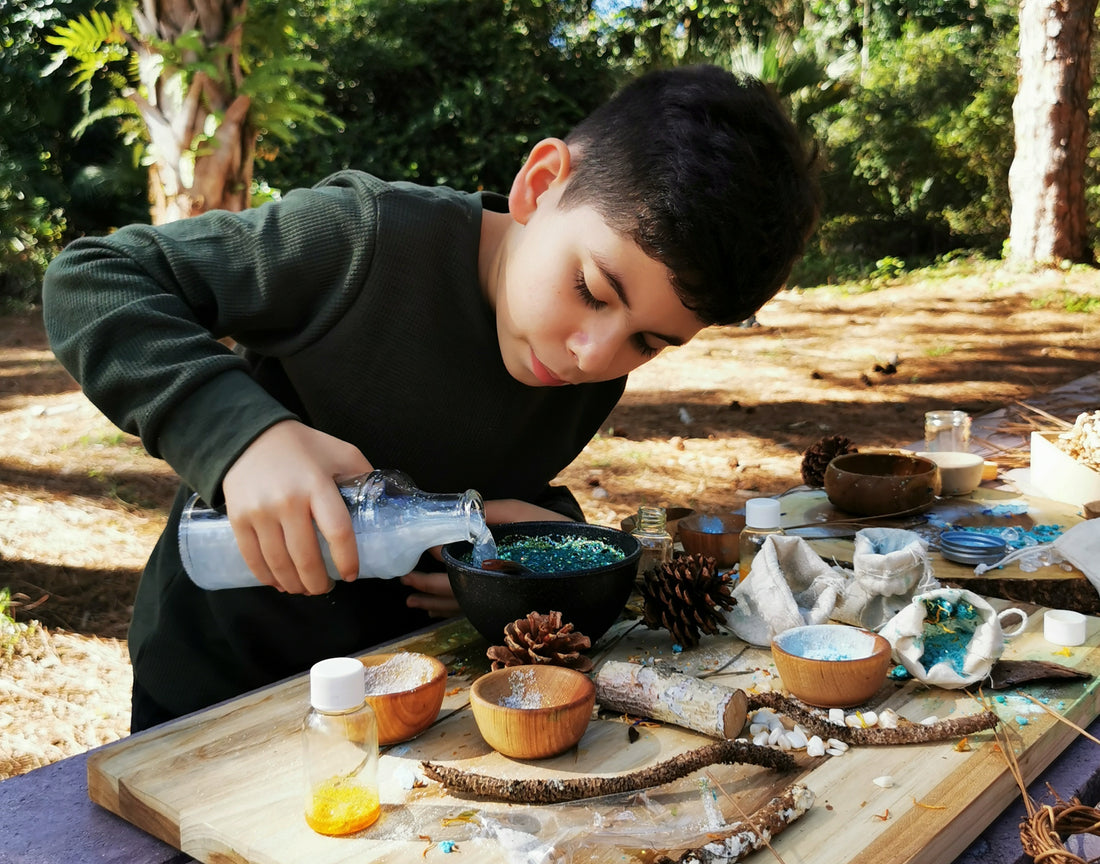The hands are directly connected with the development of the human brain and neural-connections. Mindfulness practices are also linked with the healthy functioning of the nervous system and human emotional states.
Researches have shown the importance of giving children opportunities to develop attention and concentration by manipulating objects, textures, tools and even fingers in isolation, which also leads to functional task performance and hands control. Also, doing activities without distraction, that involve sustained effort, a step sequence to follow, and imagination, will incrementally help children to develop skills and master their attention abilities, in order to achieve focus and build concentration.
Studies also support the introduction of mindfulness activities in order to reduce the index of stress among Children. Research by the National Center for Biotechnology Information (NCBI), about Stress Symptoms among Primary School Children, shows that 50% of children had 9 or more stress symptoms. “Among cognitive-emotional symptoms of stress, worry, being afraid and feeling sad. The Study also found that about 20% of children reported they worry a great deal or a lot, but only 3% of parents rate their children’s stress as extreme.”
Toxic stress has the potential to change your child's brain chemistry, brain anatomy and even gene expression. Toxic stress weakens the architecture of the developing brain, which can lead to lifelong problems in learning, behavior, and physical and mental health.
A gentle introduction to Mindfulness provides children with simple, practical tools to work directly with their nervous systems, helping them regulate emotional states and focus attention. When we learn to focus on just one thing, like taste, sound, doing something specific with our hands, repeating affirmations, or just breathing, our mind calms down and grows stronger. We always do better when we’re able to pay attention to what we’re doing.
Giving our children the opportunity to do activities that require focus, concentration and mindfulness techniques, will help them to build life skills that can improve performance in most areas of life, including school, sports, arts and social interaction. As well as the opportunity to develop positive qualities that include empathy, kindness, well-being, generosity and compassion.






